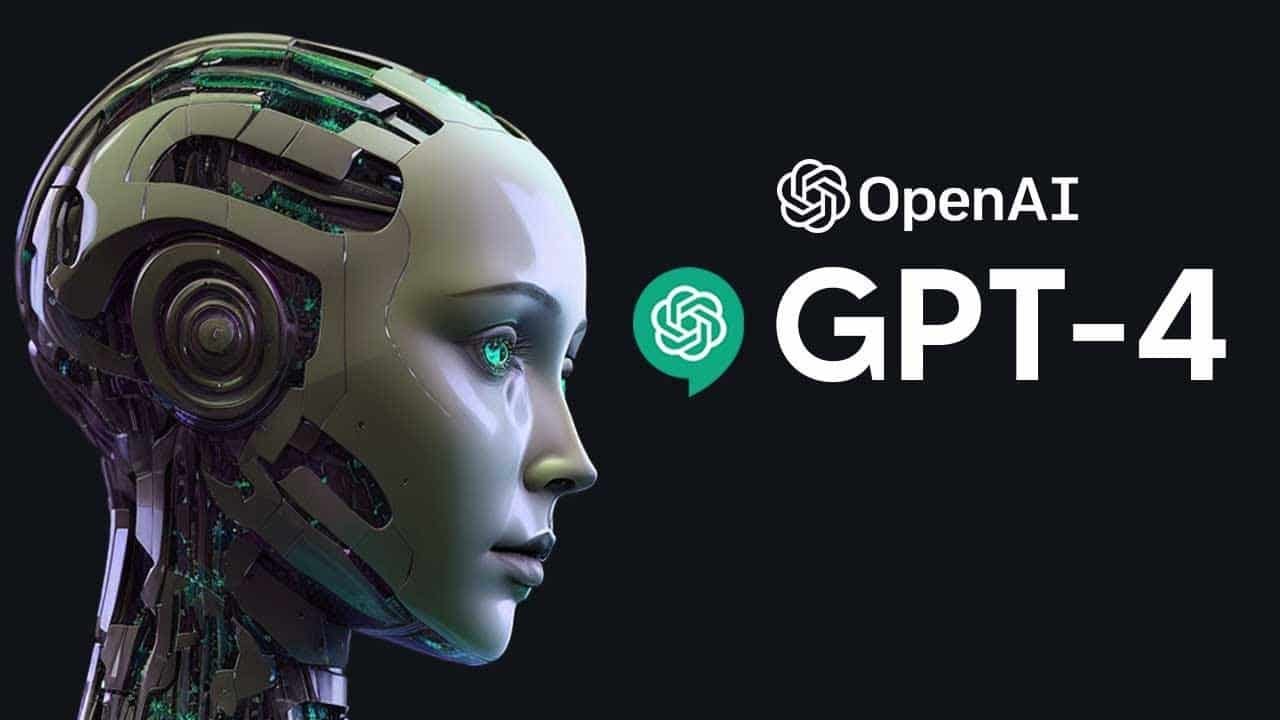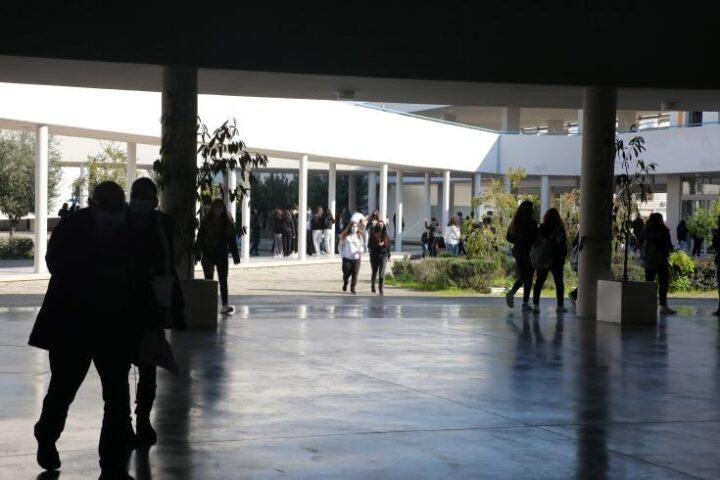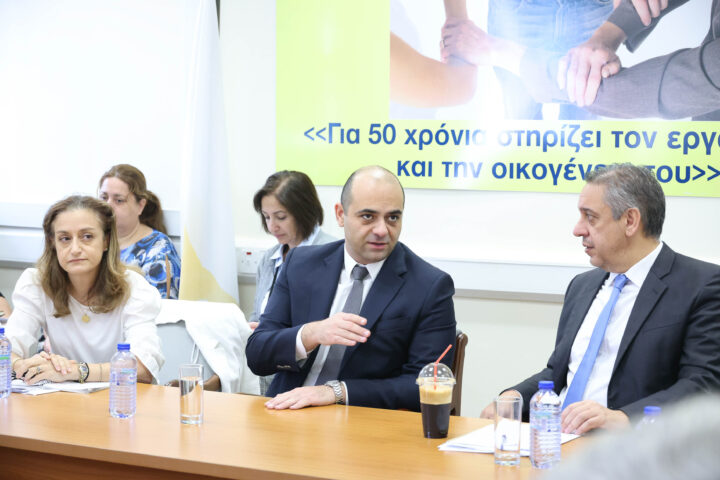Rapid developments in Artificial Intelligence technology with the introduction of ChatGPT could revolutionise the workplace by opening the door to a four-day week and boosting productivity, said Cypriot Nobel Prize winner Sir Christopher Pissarides.
Pissarides, a professor at the London School of Economics, specialising in Labour economics, said the labour market could adapt quickly to artificial intelligence-backed chatbots.
His remarks dampen concerns that rapid technological advances could bring mass job losses or, even worse, as Elon Musk has warned, “go haywire and kill everyone”.
“I’m very optimistic that we could increase productivity,” Pissarides said, talking at a conference in Glasgow, as reported by Bloomberg.
“We could increase our wellbeing generally from work, and we could take off more leisure. We could move to a four-day week easily,” argued the economist.
Chatbots, such as OpenAI’s ChatGPT and Google’s Bard, have been hailed as a transformative technology that could cause a productivity boom but also expose hundreds of millions of white-collar jobs.
Pissarides has previously investigated the impact of automation on jobs through the Pissarides Review into the Future of Work and Wellbeing.
The economist did, however, note that the technology could still take a dark turn, such as being used for surveillance or invading privacy.
But he said it could make a “big difference” to productivity if used well.
“They could take away lots of boring things that we do at work … and then leave only the interesting stuff to human beings”.
He added the transition for workers would be made less painful by slower adoption by companies despite the technology “moving fast”.
“There’s just no limit to how much work humanity could generate if they really want to work,” Pissarides said.
“It will take long to have a real impact, and during that time, people will adjust. What you need in this adjustment is basically upskilling.”
A Goldman Sachs report estimated that 300 million jobs are exposed globally to generative AI, such as ChatGPT.
Meanwhile, tech leaders, including Musk, signed an open letter last month calling for a pause on training powerful AI systems.
Musk co-founded Open AI, a non-profit startup launched in 2015.
He said that his investment in the firm was partly motivated by fears about the dangers of artificial intelligence, which he has called “humanity’s biggest threat”.
He has continued to voice those warnings in the time since. This week, he said that artificial intelligence poses an existential threat to humanity.
“One of the biggest risks to the future of civilisation is AI.
“But AI is both positive or negative – it has great promise, great capability but also, with that comes great danger”.










